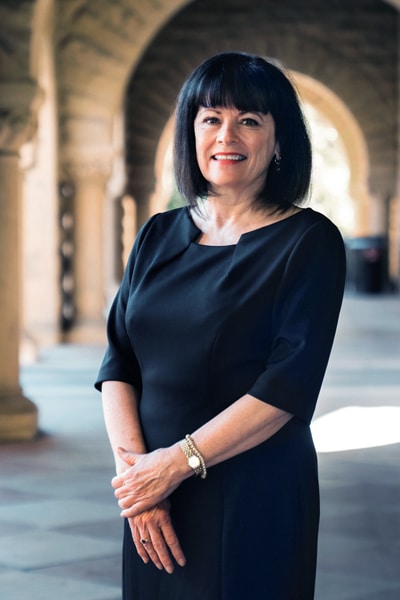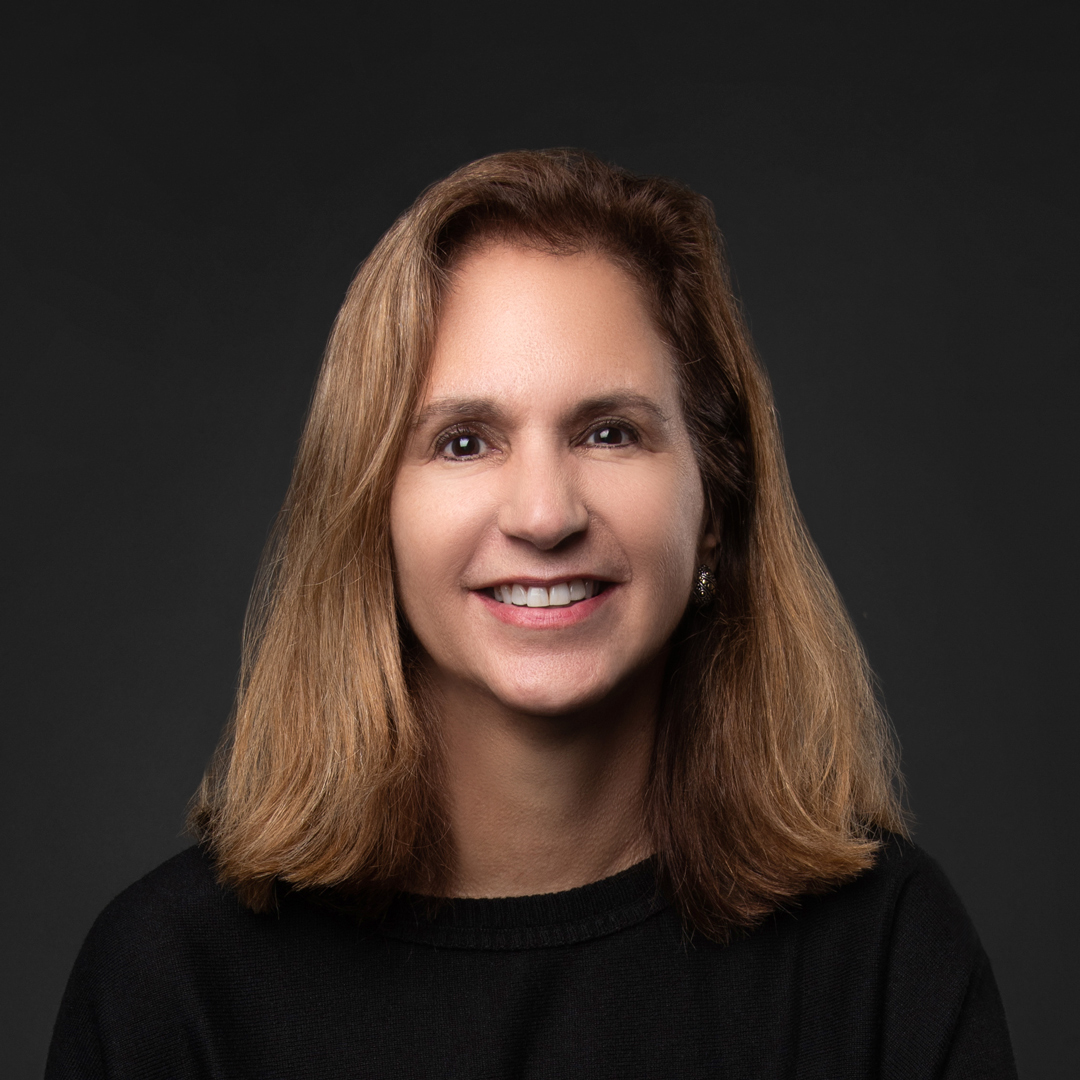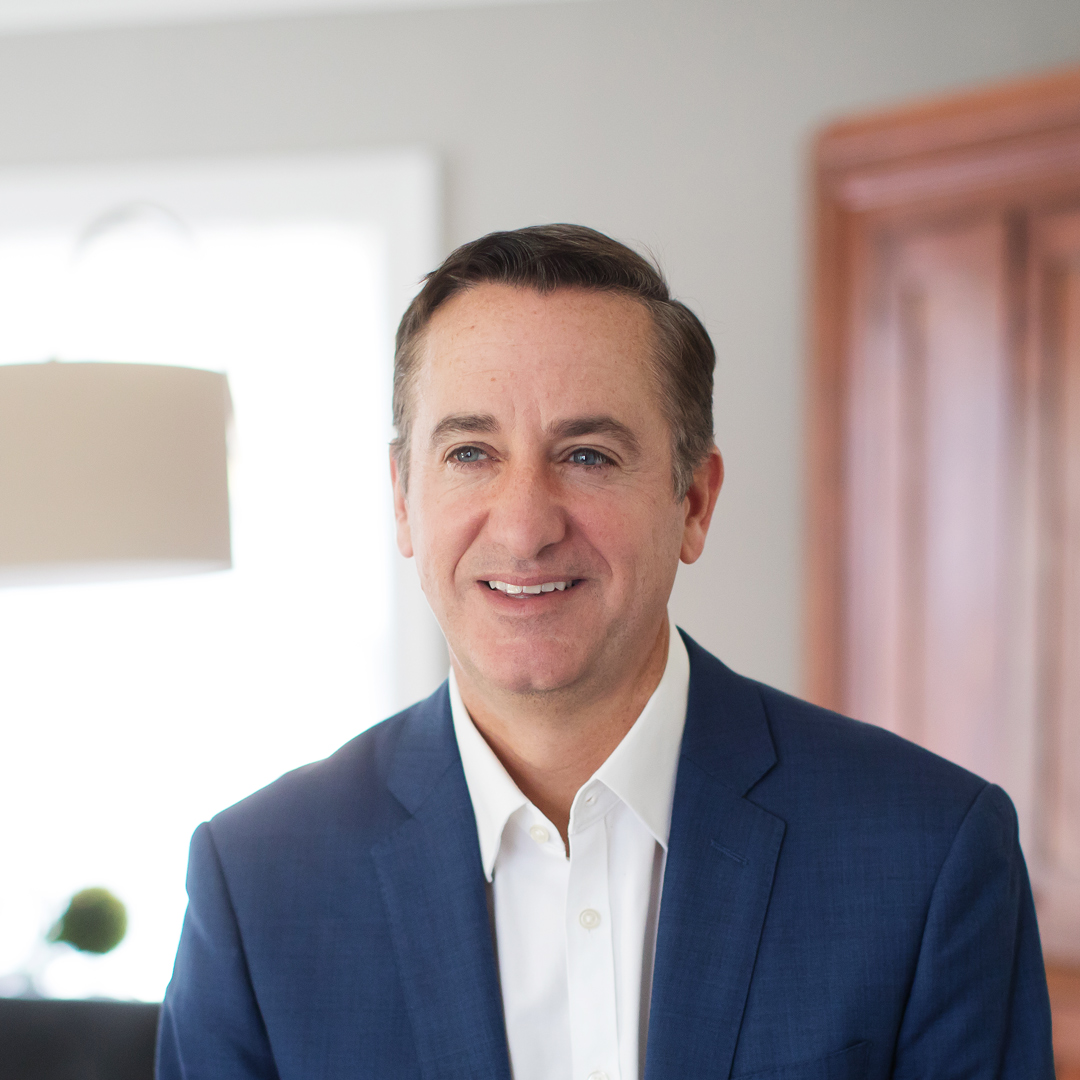|
Getting your Trinity Audio player ready...
|
As vice president and general counsel for Stanford University, Debra Zumwalt delves into every legal matter associated with the sprawling 8,200-acre campus in Silicon Valley in California. But she’s also driven by her personal watchword, “Education is the only way to attain lasting change.”
“People need to understand their rights, how to use them, and how to make informed decisions. It’s a key factor in social mobility,” she explains. She adds that education can help people capitalize on opportunities that could change their lives and those of their families.
But it isn’t merely institutional learning at play here. Her belief applies to social issues as well. “Take the Black Lives Matter movement, for example,” Zumwalt says. “If more people took the time to learn about the issues other people face and to understand them, we’d be able to address those issues better.”

Her day-to-day activities are anything but routine. She’s ultimately responsible for all legal matters under the Stanford umbrella, including the university, its hospitals, the research park, an on-campus shopping center, the SLAC National Accelerator Laboratory (operated for the US Department of Energy), overseas campuses, technology licensing, and even the university’s fire and police departments.
“Beyond being an excellent, strategic lawyer in every way, Debra has a vision for the role of lawyers in facilitating education in varied communities that fuels her work and inspires those working with her to achieve great results,” says Sarah Flanagan, the senior partner who heads the team of lawyers at Pillsbury Winthrop Shaw Pittman working with Stanford on varied matters.
Zumwalt’s work often has an international impact. “Recently, the government made sudden and very significant changes to the rules for H-1B visas that allow foreign, skilled workers to work in the US. The changes severely limit this program, affecting tens of thousands of people coming to the US to fill jobs where they are critically needed. Stanford is a plaintiff in a suit challenging these draconian changes,” Zumwalt explains.
Subscribe Now
Receive stories like this one in your inbox every two weeks!
Subscribe to the free Modern Counsel newsletter.
“We also work with peer universities and associations on legal issues and legislation that can impact higher education,” she continues. For instance, Stanford filed an amicus curiae brief to support foreign students who faced deportation because the pandemic pushed them into online learning modes.
Or take the case of a Chinese dissident who formerly worked for Mao Zedong, the founder and former chairman of the People’s Republic of China. “He became disenchanted by the policies of the Communist Party and the leaders of China and spoke out about them,” Zumwalt says. “He also kept meticulous papers, and before he died, he gave them to Stanford’s Hoover Institution to preserve them for scholarship and historical purposes.
“Suits were brought in China to get Stanford to return the papers, and Stanford filed a suit in the US for a determination that we have the right to those papers,” the VP and general counsel continues. “A relative of the dissident countersued us for the papers to be returned. If people want to donate their materials to us, we will always defend their right to do so, just as we have done with the Chiang Kai-shek papers.”
Given the size and scope of the legal department’s workload, it’s not surprising to learn that it’s staffed by twenty-five attorneys, quintuple the number when she arrived twenty years ago.
“It was an interesting development,” she says. “At one time, the university had twenty-one lawyers in the department. A later change in the operational model cut that number to just five, which meant that quite a bit of work was outsourced. But when I arrived, I thought it would be more effective and efficient to have a larger in-house staff, so I hired more over time.”
Keeping the majority of work in-house benefits the university, because Zumwalt’s staff understands the school’s operational mechanics better than a private practice attorney could. And that results in satisfied clients. “Many times, individuals will call in and say, ‘That lawyer really helped us achieve our objectives. Is she available for another project?’” Sometimes they even ask if Stanford can hire additional lawyers to help them.
Still, Zumwalt continues to rely on trusted outside firms for legal work. “Because we’re a nonprofit institution, we’re always looking for ways to minimize expenditures,” she explains. “Certain recurring actions, including some tax and regulatory issues, don’t occur often enough to justify full-time specialists, and we cannot divert sufficient staff to handle major litigation. We’ve built relationships with outside firms that do very good work for us and can apply their experiences with a broad range of clients.”
“People need to understand their rights, how to use them, and how to make informed decisions. It’s a key factor in social mobility.”
Stanford’s legal department blends specialization and collaboration. One attorney will concentrate on employment issues, another is in charge of research activities, and so on. “But I also value flexibility,” Zumwalt says, “so I encourage everyone to share ideas or be a sounding board. That overlap helps them learn more about the university overall. I’m fortunate to have a really collegial group, and so we work together very well.”
Zumwalt’s secret for assembling a successful team? “The best thing I do is hire good people,” she says. “When you have good people, everything else runs more smoothly. And that means I’m not afraid to hire someone who knows more than I do.”
That level of confidence enables Zumwalt to implement her essentially hands-off leadership style. “I like to know what’s going on—it’s a good way to avoid surprises—but I don’t have the time or interest to micromanage,” she says. “My staff knows that I’m happy to answer their questions or participate in brainstorming sessions, but they all know how to do their own work.”
There’s been little turnover in the group, in part because of Zumwalt’s amenability to flexible scheduling. “Several of my attorneys were interested in working less than full-time. They’re really skilled, so I decided that I’d make that kind of arrangement work for everyone.”
Those part-time lawyers “have been responsive and responsible, so everything occurs on time,” Zumwalt attests.
That policy made transitioning to work-from-home arrangements because of the COVID-19 pandemic a relatively simple matter. “We communicate regularly through Zoom and other means,” Zumwalt notes. “It’s a good way to keep everyone connected while working safely. They’re looking forward to coming back to the office, but health and safety are our primary concerns.”
“After the 2016 Taliban attack, in which fifteen of our people were killed and many badly injured, there was talk of closing the school, but the students rallied and said they were willing to risk dying for the opportunity to be educated.”
Zumwalt’s passion for education extends beyond Stanford: she’s a trustee of the American University of Afghanistan in Kabul. The university offers a curriculum grounded in the liberal arts, four undergraduate degrees, an MBA program, a college preparatory academy, and a Professional Development Institute for continuing education.
“The university is changing people’s perceptions,” Zumwalt says, advancing the idea that women can be capable, educated workforce participants. One young woman who became the head of student government was encouraged to run—and then supported—by her male classmates. Another, the first female graduate of the university’s law school, became an attorney because her women’s group in Kandahar needed a female attorney and she decided to fill that role.
Although the coed institution was the target of a fatal Taliban bomb and gun attack as well as the kidnapping of two professors, the students’ quest for knowledge is undeterred. “When I talk to the students, I’m inspired by what they’ve overcome and their goals for the country,” Zumwalt says. “After the 2016 Taliban attack, in which fifteen of our people were killed and many badly injured, there was talk of closing the school, but the students rallied and said they were willing to risk dying for the opportunity to be educated.”
So far, the American University of Afghanistan has produced eighty Fulbright scholars. Hundreds of students and alumni are doing other great things, from starting businesses to high-level work in the Afghan government.
“That’s one of the great rewards of my work,” Zumwalt says. “Although as lawyers we aren’t teaching or doing research, we’re enabling those things to happen.”
***
Ropes & Gray:
“Debra is a strategic thinker. Our lawyers love working with her and the legal and support teams on challenging matters that require creativity, innovation, and deep knowledge. We celebrate Debra’s twentieth year as Stanford University’s general counsel.”
–John Chesley, Health Care Partner

